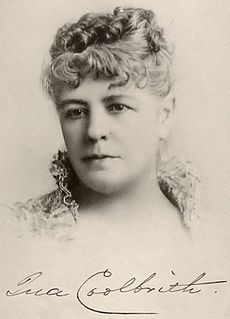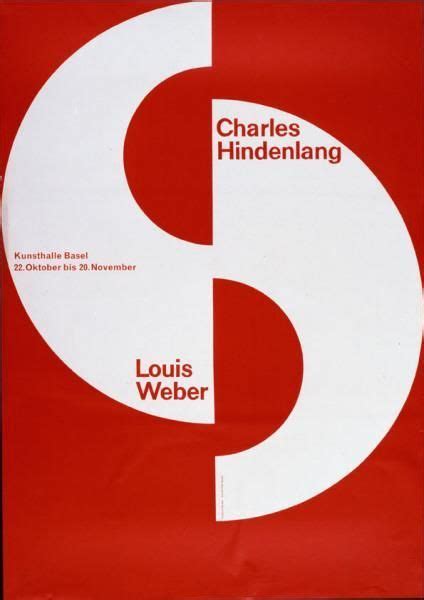A Quote by John Steinbeck
I have no interest in the printed word. I would continue to write if there were no writing and no print. I put my words down for a matter of memory. They are more made to be spoken than to be read.
Related Quotes
Certain individual words do possess more pitch, more radiance, more shazam! than others, but it's the way words are juxtaposed with other words in a phrase or sentence that can create magic. Perhaps literally. The word "grammar," like its sister word "glamour," is actually derived from an old Scottish word that meant "sorcery." When we were made to diagram sentences in high school, we were unwittingly being instructed in syntax sorcery, in wizardry. We were all enrolled at Hogwarts. Who knew?
If we were meant to read for enjoyment, would God have created television? Read as it was intended - for exercise. The more you read, the more you expand your - what's the word I'm looking for? - your stockpile of words. You must have a stockpile of words that you can pass along to your children for their stockpile.
If one person sits down at their computer one day and types one word, dose that affect the future? If that one person didn't type that one word, would the future's history be changed? Dose their one word even mean anything? Dose my one (times a lot) word mean anything? Dose that one person's one word even get read-once? If I wasn't sitting here writing my words, would my future be different?
I liked to write from the time I was about 12 or 13. I loved to read. And since I only spoke to my brother, I would write down my thoughts. And I think I wrote some of the worst poetry west of the Rockies. But by the time I was in my 20s, I found myself writing little essays and more poetry - writing at writing.
Today we are inundated with such an immense flood of printed matter that the value of individual work has depreciated, for our harassed contemporaries simply cannot take everything that is printed today. It is the typographer's task to divide up and organize and interpret this mass of printed matter in such a way that the reader will have a good chance of finding what is of interest to him.
For we let our young men and women go out unarmed in a day when armor was never so necessary. By teaching them to read, we have left them at the mercy of the printed word. By the invention of the film and the radio, we have made certain that no aversion to reading shall secure them from the incessant battery of words, words, words. They do not know what the words mean; they do not know how to ward them off or blunt their edge or fling them back; they are prey to words in their emotions instead of being the masters of them in their intellects.
The secret to writing is writing. Lots of people I know talk about writing. They will tell me about the book they are going to write, or are thinking about writing, or may write some day in the future. And I know they will never do it. If someone is serious about writing, then they will sit down every day and put some words down on paper.



































